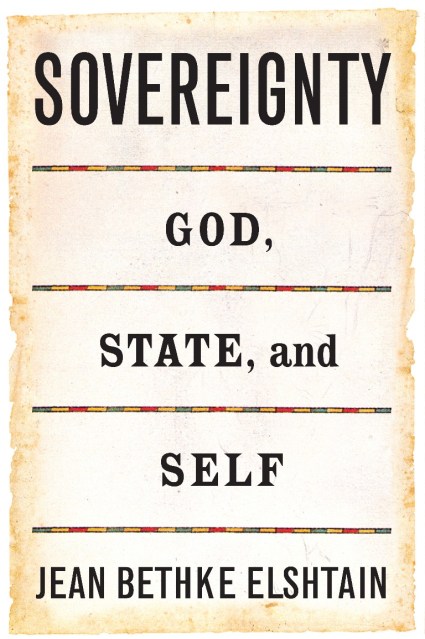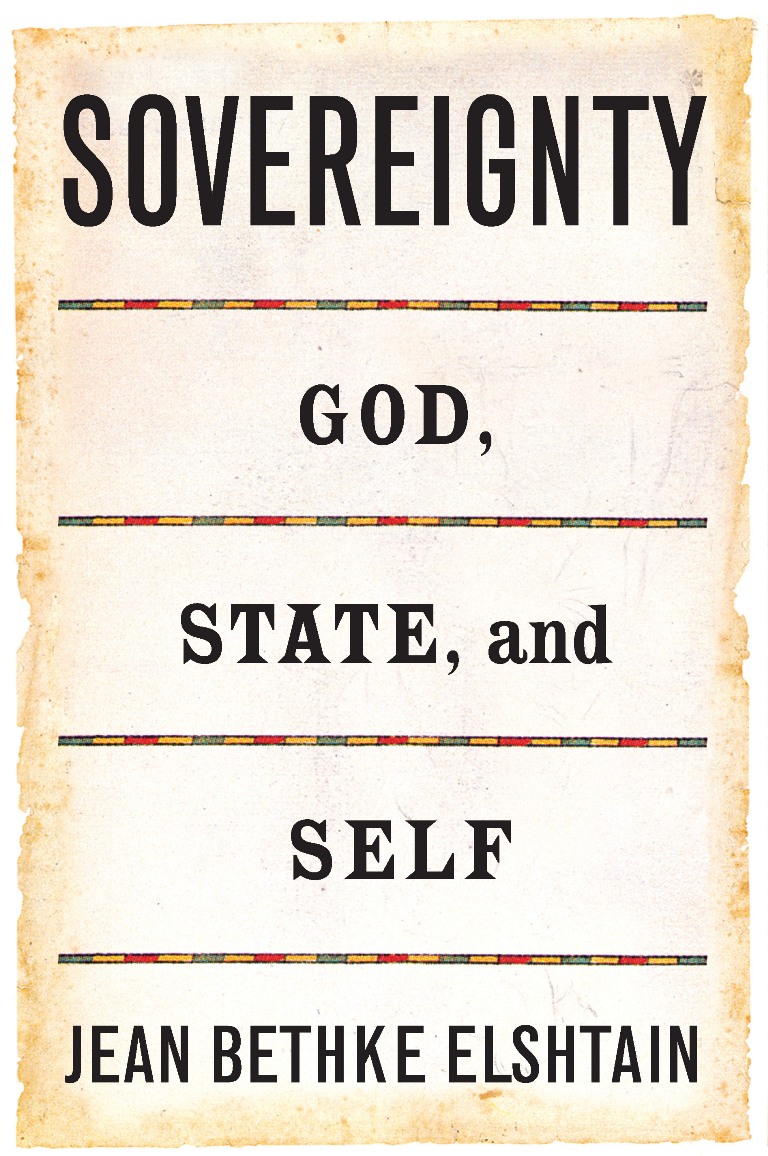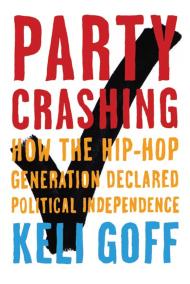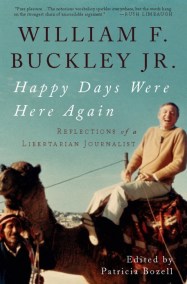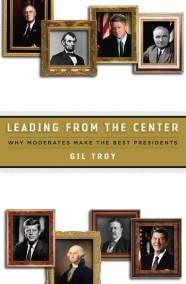By clicking “Accept,” you agree to the use of cookies and similar technologies on your device as set forth in our Cookie Policy and our Privacy Policy. Please note that certain cookies are essential for this website to function properly and do not require user consent to be deployed.
Sovereignty
God, State, and Self
Contributors
Formats and Prices
- On Sale
- Jun 10, 2008
- Page Count
- 352 pages
- Publisher
- Basic Books
- ISBN-13
- 9780786721641
Price
$12.99Price
$16.99 CADFormat
Format:
- ebook $12.99 $16.99 CAD
- Trade Paperback $24.99 $32.99 CAD
This item is a preorder. Your payment method will be charged immediately, and the product is expected to ship on or around June 10, 2008. This date is subject to change due to shipping delays beyond our control.
Buy from Other Retailers:
In this seminal work of political history and political theory, leading scholar and public intellectual Jean Bethke Elshtain examines the origins and meanings of &”sovereignty”; as it relates to all the ways we attempt to explain our world: God, state, and self. Examining the early modern ideas of God which formed the basis for the modern sovereign state, Elshtain carries her research from theology and philosophy into psychology, showing that political theories of state sovereignty fuel contemporary understandings of sovereignty of the self. As the basis of sovereign power shifts from God, to the state, to the self, Elshtain uncovers startling realities often hidden from view. Her thesis consists in nothing less than a thorough-going rethinking of our intellectual history through its keystone concept.
The culmination of over thirty years of critically applauded work in feminism, international relations, political thought, and religion, Sovereignty opens new ground for our understanding of our own culture, its past, present, and future.
Genre:
Newsletter Signup
By clicking ‘Sign Up,’ I acknowledge that I have read and agree to Hachette Book Group’s Privacy Policy and Terms of Use
